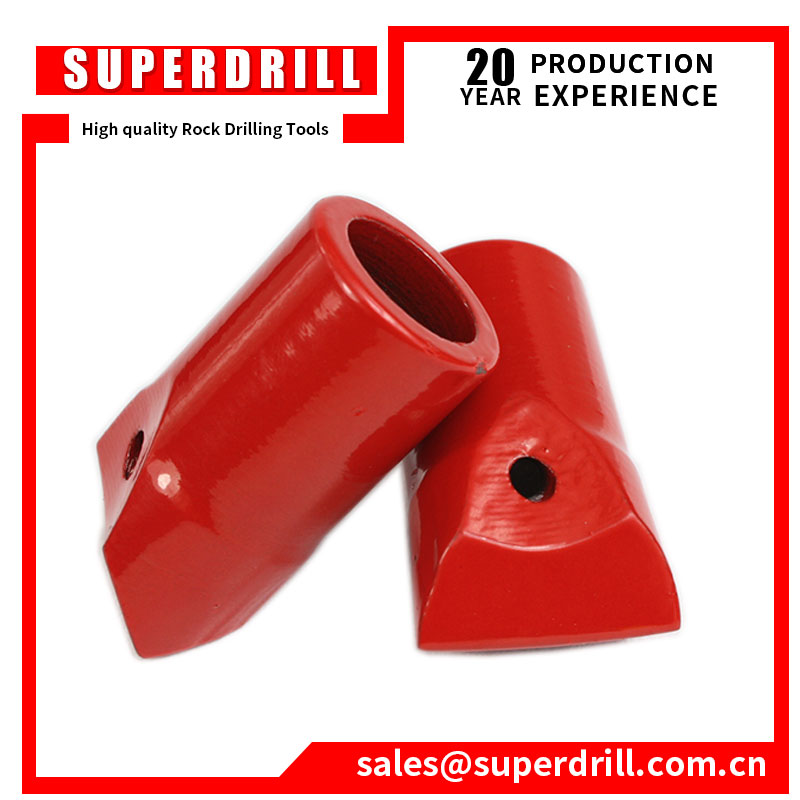What is an Air Drill?
In the world of drilling, there are various types of drills that cater to different applications and requirements. One such type of drill is an air drill, also known as a pneumatic rock drill bit. In this article, we'll dive into what an air drill is, its working principle, and its applications in the field of rock drilling.
What is an Air Drill?
An air drill, or pneumatic rock drill bit, is a type of drill bit that uses compressed air to rotate the drill bit and create a hole in the rock. Unlike electric drills, which use electricity to power the motor, air drills use compressed air to generate the necessary torque and speed to drill through hard rock formations.
Working Principle
The working principle of an air drill is simple. The compressed air is fed into the drill bit through a hose or pipe, which creates a pressure difference between the inside and outside of the bit. This pressure difference creates a force that rotates the drill bit, allowing it to cut through the rock. The air pressure also helps to remove debris and dust from the drilling site, keeping the bit cool and increasing its lifespan.
Applications
Air drills are commonly used in various industries such as mining, construction, and oil and gas exploration. They are particularly useful in situations where:
- Power is limited: Air drills are ideal for remote areas where access to electricity is limited or non-existent.
- Drilling through hard rock: Air drills can handle tough drilling tasks by providing high torque and speed.
- Cooling is essential: The compressed air helps to keep the drill bit cool, reducing the risk of overheating and extending its lifespan.
- Debris removal: The air flow helps to remove debris and dust from the drilling site, keeping the work area clean and safe.
Benefits
Air drills offer several benefits over traditional electric drills:
- Portability: Air drills are lightweight and compact, making them easy to transport and maneuver.
- Flexibility: They can be used in tight spaces and corners where electric drills may not fit.
- Cost-effective: Air drills are often more affordable than electric drills, especially for short-term or small-scale projects.
- Increased safety: The compressed air reduces the risk of electrical shock or accidents.
Conclusion
In conclusion, air drills, also known as pneumatic rock drill bits, are a reliable and efficient solution for drilling through hard rock formations in various industries. Their ability to use compressed air as a power source makes them ideal for remote areas with limited access to electricity. With their portability, flexibility, cost-effectiveness, and increased safety features, air drills are an essential tool for any drilling operation.
I hope this article has provided valuable insights into what an air drill is and its applications in the field of rock drilling. If you have any further questions or would like to learn more about our range of pneumatic rock drill bits, feel free to contact us!
https://www.hbsuperdrill.com/Tapered-drill-bit.html
 Mobile:
Mobile: E-mail:
E-mail: